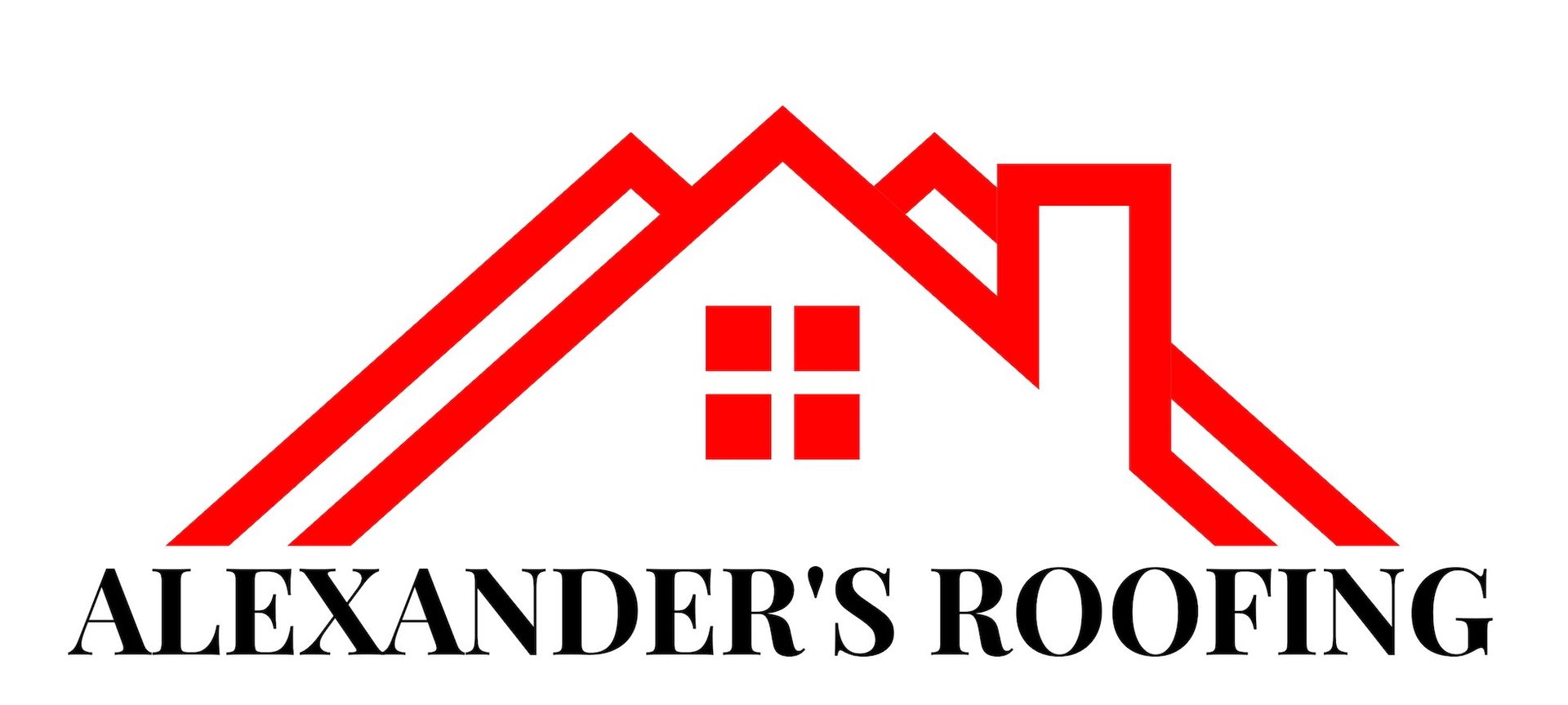Your Roofing FAQs Answered
You've got roofing questions and we have answers! Check out this extensive list of questions about roofing
contractors, costs, materials and much more.
If you don't see your question in the roofing FAQ drop us a line, and we'll answer it for you!
What are the main components of a roof system?
There's a lot more to a roof than the material you see on top. There's an entire roofing system that works together to create a waterproof barrier that provides weather protection. The main components of roofing systems are:
- Decking
- Underlayment
- Roof covering
- Flashing
- Drip edge
The roof covering that is on the outside is what most people think about, but all of these components come together to make the entire roof work as one cohesive unit. Of course, there are other components for some roof systems, but these are the parts that every roof has.
What does roof flashing do?
The roof flashing is an important part of roof systems. It is usually a thin piece of metal, plastic or rubber that is placed in the vulnerable spots on a roof to prevent water damage. Flashing is installed in between the covering and the underlayment.
What is roofing felt?
Roofing felt is another name for the underlayment. It's also sometimes called roofing tar paper.
Which roofing materials offer good insulation?
Today, there are a lot of roofing options that are engineered to help make a structure more energy efficient and lower energy bills. The key is finding materials that reflect UV rays rather than absorbing them.
For residential roofing, asphalt shingles and sheet metal are both cost-effective while being energy efficient in cold or hot weather conditions. For commercial roof clients, modified bitumen roofing is a great solution. It's a rubber material that's resistant to UV damage.
How much does a new roof cost?
There's a huge range in how much a new roof will cost. The materials alone heavily impact the cost. Asphalt shingles are popular because they are affordable, come in a lot of styles and have a good lifespan for the cost. But a good rule of thumb often is, the longer the lifespan of a roofing material, the more it's going to cost.
Other factors affecting the cost include:
- Whether it's a roof replacement or new installation.
- Whether the entire roofing system is being replaced.
- Size of the roof.
- The shape of the roof.
- Where the property is located.
Most roofs cost somewhere between $6,000 and $20,000 but can go up to $80,000 or more. It's one of the many reasons you want to get a roof inspection and estimate before diving into a roofing project.
Does a roofing company need to be licensed?
Absolutely! The roofing industry can be dangerous, particularly for the contractors up on the roof. Roofing also impacts the structural integrity of a home or building. Local and state regulating bodies are going to require that all roofing companies be licensed to legally operate so they can ensure all the proper safety protocols are followed.
Does a roofing contractor need to be insured?
Not necessarily but it's a very good idea, which is why it's important to ask directly about the contractor's insurance coverage and to see the roofer certificate of insurance for verification. A roofing contractor should have general liability insurance at a minimum. This will cover property damage and injuries. Depending on the size of the company, the roofing contractor may have general liability covered with a business owner policy (BOP).
Other types of insurance a roofer might have include workers compensation insurance, auto insurance and professional liability insurance.
How do I extend my roof's lifespan?
In a word, maintenance. We recommend that property owners get regular roof inspections once a year to monitor how the roof is aging and if any repairs are needed. That will prevent small roofing issues from turning into big issues that reduce the lifespan of your roof.
Of course, no matter how well you maintain your roof damage can occur from being out in the elements. Accidental damage is possible at any time.
The roofing material also plays a role in the longevity of a roof. Some roofing materials simply last longer than others.
How do I know I need to replace my roof?
When your roof has reached the end of its lifespan there will likely be visible signs. Some are obvious if they exist, while others may easily get missed. The signs you may need new roofing include:
- Roof leaks
- Water stains
- Missing shingles
- Damaged shingles
- Finding pieces of the roof shingles in the gutters
Even if the roof looks like it's in good shape, there could be damage you don't see. When you're wondering if you need roof replacement, that's actually the time to get your roofing system inspected.
However, if there have been high winds and/or hail lately, that's a different story. You need to have possible storm damage inspected as soon as possible even if there are no signs that you can see from the ground or inside.
Can I cover my existing roof?
Technically you can install a new roof covering directly over an existing roof if it's made of asphalt shingles, but it isn't the best option. It might cost less, but your roof won't be as durable or last as long.
The other big problem is it could mask problems with the roofing system that are detrimental to the structure.
It's better to remove the old roofing first then put on the new roofing materials. The added upfront expense will pay off since you should get more years out of the new roof.
How do I get the best value out of a new roof?
There are a few things you can do to improve how your roof ages over time and the amount of use you get out of it, which is what ultimately impacts value the most. The things that influence value the most are:
- Quality of the roofing materials
- Skill of the roofing contractor
- Maintenance and upkeep
Make those three things a priority and you should get the most mileage possible out of your roof.
What if there are manufacturing defects with the roofing materials?
That all depends on if there's a roof warranty on the materials. When you work with Alexander's Roofing we make sure you're covered by only using quality materials from top manufacturers that provide a manufacturer warranty.
Will I save money by repairing an old roof or going with a roof replacement?
That depends on the age and condition of the roof. If the roof isn't that old and the roofing material is in fairly good condition for the majority of the roof, then a repair is probably the best bet. However, if the roof is reaching the end of its lifespan or the damage is extensive, a roof replacement may be the better option in the long run.
Consider how long you plan to own the home, because that can also impact your decision between these two roofing options. If you're going to be there for a while, we'd suggest replacement rather than trying to repair the roof.
Have Roofing Questions?
Give us a call at your convenience to discuss the roof issues you're having and schedule a free roof inspection.
One of our experts will give you their recommendations and answer any questions you have.











